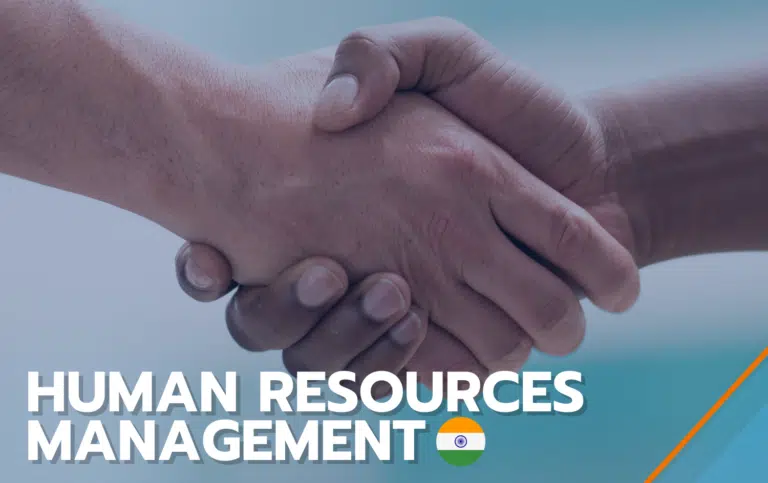Recruitment in India is a complex process that requires an understanding of the culture, job market, and legal framework of the country. India has a large and diverse population, with many languages and cultural differences between regions. Therefore, it is important to consider these factors when hiring employees in India.
Firstly, it is important to understand the Indian labor market. The country has a vast pool of talent, and a significant percentage of the population is well-educated and qualified. However, the competition for jobs is fierce, and there is a large pool of applicants for most positions. Thus, recruiters must have a well-defined hiring process to filter through the large pool of candidates.
Cultural Nuances in Recruiting in India
Secondly, when hiring in India, it is essential to consider cultural differences. The country has a hierarchical society, and respecting authority and hierarchy is critical. Therefore, it is imperative to show respect and recognize the authority of those in leadership positions during the hiring process. Additionally, Indian culture values personal relationships, and building a personal connection with candidates can be crucial for successful recruitment.
Thirdly, it is important to be aware of the legal framework for hiring in India. The country has strict labor laws, and recruiters must comply with all relevant laws and regulations. For example, recruiters need to secure the necessary work permits and visas for foreign candidates. Moreover, the hiring process must not be discriminatory, and all candidates should be given equal opportunities.
Commonly Used Platforms for recruitment in India
Recruitment in India is also significantly influenced by the use of technology. Social media platforms like LinkedIn and job portals such as Naukri.com and Monster.com are commonly used for job postings and candidate searches. Furthermore, video interviews are becoming increasingly popular, especially during the pandemic.
In summary, recruiting in India requires a deep understanding of the labor market, cultural differences, and legal framework. A well-defined recruitment process that is respectful, inclusive, and complies with relevant laws and regulations is essential. Additionally, the use of technology can be a helpful tool in the recruitment process.
Employment Contract
An employment contract must include the following infomation:
- Commencement date
- Job title and description
- Duration of employment
- Employee compensation and benefits
- Employer’s rules, regulations, policies, and practices
- Confidentiality agreement
- Non-compete clause
- Dispute resolution
- Termination of employment
Working Hours
The legal working time and overtime conditions are as follows:
- 9 hours a day and 48 hours a week for 5–6 working days in a week
- It is mentioned that when a worker works in a factory for more than 9 hours in any day or more than 48 hours in any week, they shall, in respect of overtime work, be entitled to receive wages at the rate of twice their ordinary rate of wages.
- Overtime wages are paid at the rate of twice the ordinary rates of wages of the worker. The employer can take actual work up to 9 hours in a 12-hour shift on any day. But they must pay double the rates for an hour or part of an hour of actual work over nine hours or more than 48 hours in any week.
Leaves
The following are the different types of leaves offered by companies:
- Privilege Leave (PL) or Earned Leave (EL)
- Casual Leave (CL)
- Sick Leave (SL)
- Maternity Leave (ML)
- Compensatory Off (Comp-Off)
- Marriage Leave
- Paternity Leave
- Loss of Pay (LOP) / Leave Without Pay (LWP)
Foreign Visas
The necessary visa for doing business in India is the Business Visa designated as a ‘B’ Visa.
The foreign national must have a valid travel document and a re-entry permit if required under the law of the country of nationality of the applicant.
The foreign national should be a person of assured financial standing. The foreigner must submit proof of their financial standing and documentation in support of the intended business visit to India.
A Business Visa may be granted to a foreigner who wishes to visit India to establish an industrial/business venture, purchase/sell industrial or commercial products, etc.
A Business Visa with a multiple entry facility can be granted for a period of up to 5 years or for a shorter duration as per the requirement.









